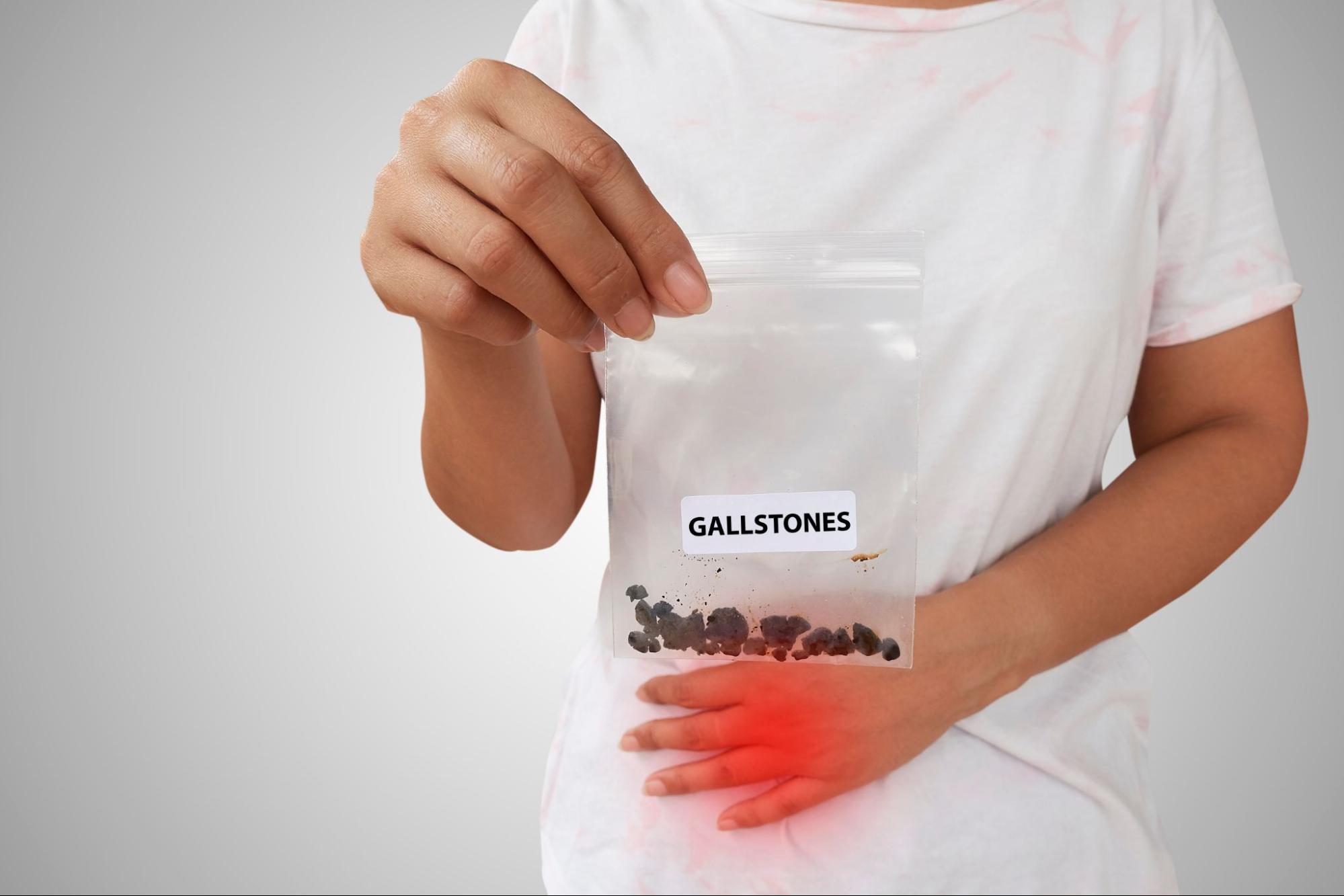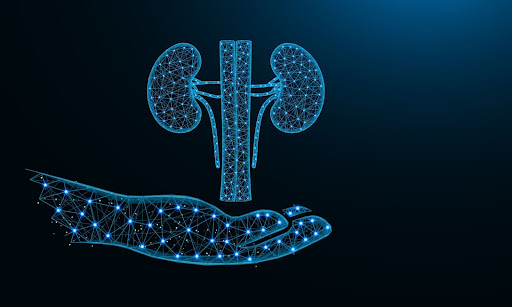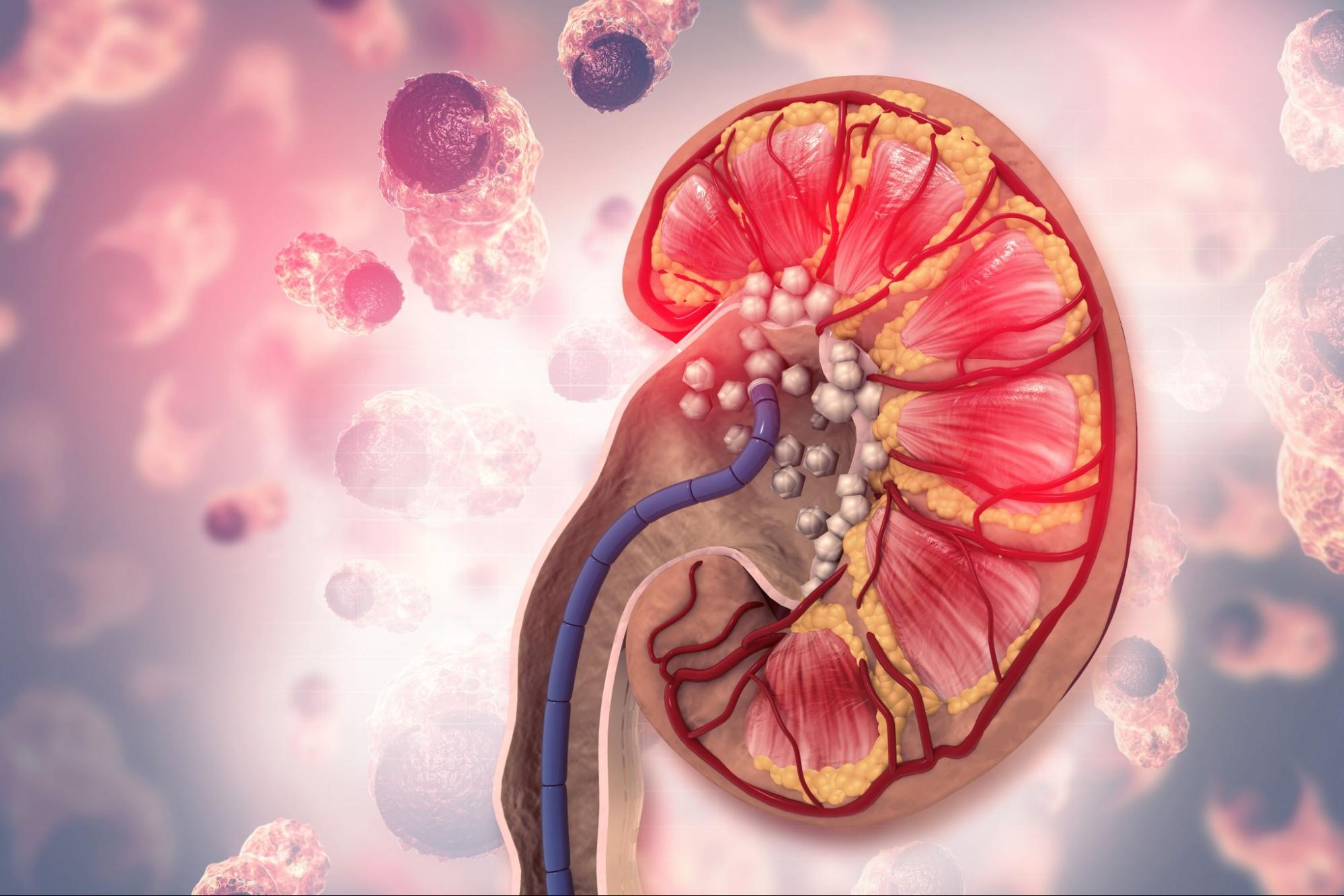Kidney Stones Treatment & Surgery in Indore
Kidney stones are the hard mineral, salt crystals in the kidney/s. The most common symptom is severe pain, usually in the side of the abdomen, which is often associated with nausea. Also, find out all about kidney stones treatment in Indore.
Overview
Kidney stones are hard deposits that form in the kidneys and can cause severe pain and discomfort. The kidneys play a crucial role in filtering waste products from the blood and producing urine. However, certain substances in the urine, such as calcium, oxalate, and uric acid, can crystallize and form solid masses known as kidney stones. These stones can range in size from tiny grains to larger, more substantial formations that can obstruct the urinary tract.
What are Kidney Stones?
Kidney stones, also known as renal calculi, are solid masses or crystalline structures that form within the kidneys. They are composed of various substances found in urine, such as calcium, oxalate, uric acid, and cystine. The size and shape of kidney stones can vary widely, ranging from tiny grains to larger, more complex formations.
Kidney stones develop when the concentration of certain substances in the urine exceeds the ability of the kidneys to dissolve them. This can occur due to a variety of factors, including dehydration, dietary choices, genetic predisposition, and underlying medical conditions. When the concentration of these substances becomes too high, they can crystallize and clump together, forming a stone. These stones can remain in the kidneys or move down the urinary tract, causing a range of symptoms and complications.
The symptoms of kidney stones often manifest when the stones start to pass through the urinary system. The most common symptom is severe pain, known as renal colic, which is typically felt in the back or flank area and radiates toward the lower abdomen and groin. Other symptoms may include blood in the urine (hematuria), frequent urination, urgency, cloudy or foul-smelling urine, and nausea or vomiting.
How are Kidney Stones Diagnosed?
The diagnosis of kidney stones typically involves a combination of medical history assessment, physical examination, and diagnostic tests such as X-rays, CT Scans, and Ultrasound. In some cases, your doctor may suggest specialized tests such as Intravenous Pyelogram (IVP) or Endoscopic procedures. The aim is to confirm the presence of kidney stones, determine their size, location, and composition, and assess any associated complications.
The choice of diagnostic tests depends on various factors, such as the severity of symptoms, suspected stone size, and availability of imaging technology. Your healthcare provider will determine the most appropriate approach for diagnosing kidney stones based on your specific situation.
How are Kidney Stones Treated?
The treatment of kidney stones depends on several factors, including the size, location, composition of the stones, severity of symptoms, and the presence of any complications. The primary goals of treatment are to relieve symptoms, promote the passage or removal of the stones, prevent recurrence, and manage any associated complications. Here are the common treatment approaches for kidney stones:
Observation and Symptom Management:
Small kidney stones that are not causing severe symptoms may be managed conservatively. This approach involves drinking plenty of fluids to increase urine output and facilitate the natural passage of the stone. Pain medication, such as nonsteroidal anti-inflammatory drugs (NSAIDs), may be prescribed to manage pain during the stone's passage.
Pain Medications
If the pain caused by kidney stones is severe, stronger pain medications, including opioids, may be prescribed for a limited period.
Alpha Blockers:
These medications help relax the muscles in the ureter, facilitating the passage of stones by widening the urinary tract and reducing pain.
Extracorporeal Shock Wave Lithotripsy (ESWL):
This non-invasive procedure uses shock waves to break kidney stones into smaller pieces, making them easier to pass through the urinary tract. ESWL is typically used for smaller stones that are located in the kidney or upper ureter.
Ureteroscopy
This procedure involves the insertion of a thin tube (ureteroscope) through the urethra and bladder to reach the ureter or kidney. Small stones can be directly visualized and removed or fragmented using laser energy. Ureteroscopy is effective for stones located in the ureter or kidney.
Percutaneous Nephrolithotomy (PCNL):
For larger stones or those that are difficult to treat with other methods, PCNL may be performed. It involves making a small incision in the back and using a nephroscope to directly access and remove or break up the stones in the kidney.
Surgical Removal:
In some cases, open surgery (nephrolithotomy) may be necessary if other treatment options are not feasible or effective. This invasive procedure involves making an incision in the back to access the kidney and remove the stones.
Prevention and Lifestyle Modifications:
After the stone is treated or passed, healthcare providers may recommend lifestyle changes to prevent future stone formation. This may include increasing fluid intake, adopting a balanced diet with controlled sodium and protein intake, reducing oxalate-rich foods, and managing underlying conditions contributing to stone formation.
The choice of treatment depends on individual circumstances and should be made in consultation with a healthcare professional experienced in managing kidney stones. They will consider various factors to determine the most suitable treatment approach to alleviate symptoms, promote stone passage, and prevent recurrence.
What Happens if Kidney Stones Are Left Untreated?
If kidney stones are left untreated, several potential complications can arise. The severity of these complications may vary depending on factors such as the size, location, and composition of the stones. Here are some possible consequences of untreated kidney stones:
- Increased Pain and Discomfort: Kidney stones can cause severe pain, known as renal colic, as they move through the urinary tract.
- Infection: Obstructed urine flow caused by kidney stones can create an environment favorable for bacterial growth, leading to urinary tract infections (UTIs).
- Urinary Tract Obstruction: As kidney stones travel through the urinary tract, they can obstruct the flow of urine.
- Kidney Damage: Prolonged obstruction or recurrent infections can result in kidney damage. The pressure caused by the backup of urine can affect the delicate structures of the kidneys and impair their ability to filter waste products from the blood effectively.
It's important to note that the specific risks and complications associated with untreated kidney stones can vary depending on factors such as stone size, composition, and individual health. Prompt diagnosis and appropriate treatment are essential to prevent these complications and maintain the health of the urinary system and kidneys.
Why choose Medfin?
Surgery can be a daunting aspect, and feeling anxious is absolutely normal. The massive amount of information you can get from the internet may confuse you even more. This is where Medfin can help. Leave us the hefty tasks of finding the best hospital, the finest doctor, and the latest procedure in Indore at the lowest costs. Let us take charge while you sit back and focus on your health & recovery. Think surgery! Think Medfin!
What is the Cost of Kidney Stones Treatment in Indore?
The cost of kidney stone treatment in Indore can range between ₹21000 to ₹110000. However, the cost of kidney stone treatment can vary depending on several factors such as the surgeon's experience and expertise, the complexity of the procedure, the type of anesthesia used, the facility fees, any additional tests or medications required, and insurance coverage. To know more, please contact a Medfin expert.






